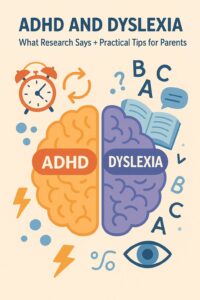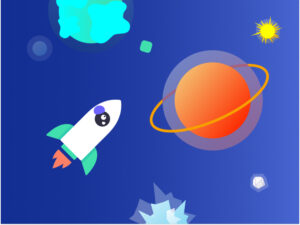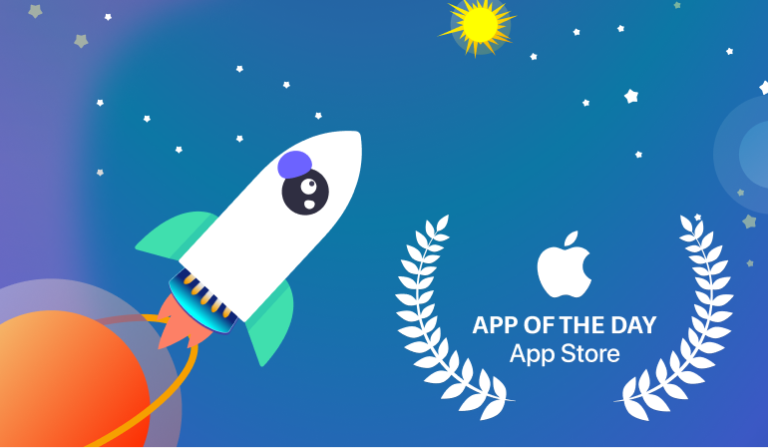
ADHD and Dyslexia: What Research Says + Practical Tips for Parents
As many as 30% to 50% of dyslexic children also show signs of ADHD. While managing dual diagnoses can feel daunting, you are not alone. Let’s take a closer look at the connection between the two and how to manage it.











